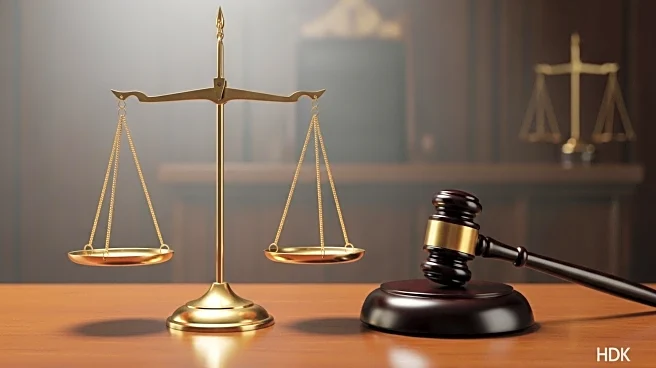What's Happening?
The Supreme Court has agreed to hear a challenge to Hawaii's law that limits where firearms can be carried, a decision that could have significant implications for gun rights across the United States. The law, enacted in 2023, prohibits carrying guns onto private property without the owner's consent and bans firearms in public spaces such as parks, beaches, and establishments serving alcohol. This case follows the Supreme Court's 2022 decision in New York State Rifle & Pistol Association v. Bruen, which expanded gun rights and required historical justification for gun restrictions. The challenge is brought by three Maui residents with concealed-carry permits and a gun rights group, arguing that Hawaii's law undermines the Second Amendment rights recognized in the Bruen decision.
Why It's Important?
The outcome of this case could redefine the balance between state-imposed gun restrictions and Second Amendment rights across the country. If the Supreme Court rules against Hawaii, it may lead to a rollback of similar restrictions in other states, potentially increasing the number of places where firearms can be carried. This decision could also influence future legislative efforts regarding gun control and public safety, affecting both gun owners and businesses that must navigate these regulations. The case highlights ongoing national debates over gun rights and public safety, with potential economic and social implications for states with tourism-dependent economies like Hawaii.
What's Next?
The Supreme Court's decision to hear this case sets the stage for a significant legal battle over gun rights. Oral arguments are expected to take place during the court's new term, which begins soon. The ruling, anticipated by next summer, will likely prompt reactions from gun rights advocates, state governments, and public safety organizations. Depending on the outcome, states may need to reassess their gun laws to align with the court's interpretation of the Second Amendment.









